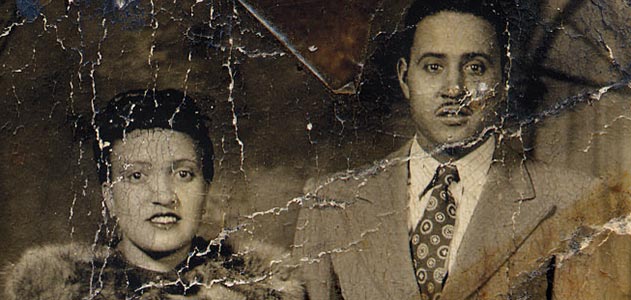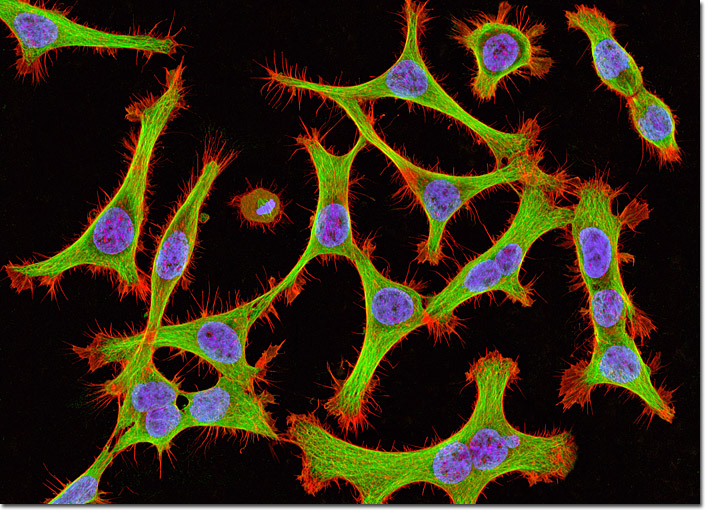Henrietta Lacks was born in August of 1920 in Roanoke, Virginia. When she was four years old her mother died in childbirth, causing her father to move with his 10 children and dividing them among relatives. Little Henrietta was raised by her grandfather. In her twenties, she married her cousin Day and soon moved to Maryland.

Before the fifth pregnancy, she “had sensed a “knot” insider her, and worrisome bleeding” gave evidence to a lump in her cervix months after giving birth. Henrietta went to Johns Hopkins gynecology department. At the time, Hopkins was the only hospital nearby that would take African Americans as patients.
In 1951, a biopsy was performed and indicated that Henrietta had a tumor that had gone undetected after the birth of her son in 1950. She eventually “received the first several radium treatments, the standard of care for the day, which involved stitching a small glass tube of the radioactive metal secured in fabric pouches to the cervix.” During the procedure, the surgeons extracted two small tissue samples; one from the tumor and another from healthy tissue nearby.
These samples were given to physician George Gey, who was the head of tissue culture research at Hopkins. He was searching for what’s called an “immortal” cell line to use in cancer research. Henrietta’s cells, named HeLa, “not only survived but also multiplied in an extraordinary rate.” However, Henrietta never knew about the samples, which at the time these experiments were common to do without consent of the patient.

However, with thriving cells, Henrietta soon declined, the cancer had spread throughout her body and she soon died. Her cells, HeLa, still continued to thrive after her death. “HeLa became a ubiquitous study material, contributing to the development of drugs for numerous ailments, including polio, Parkinson disease, and leukemia. No one ever knew of Henrietta’s role until 1970. Her case was also a crucial moment on informed consent for extractions.
HeLa is without a doubt an enormous rise to helping the nation of illnesses. No matter how bad the issue so much good came from it. All we can say is thanks to Henrietta, without her cells we would not be where we are today.
Video:The immortal Cells of Henrietta Lacks
The Editors of Encyclopædia Britannica. “Henrietta Lacks.” Encyclopædia Britannica, Encyclopædia Britannica, inc., 29 Oct. 2014, http://www.britannica.com/biography/Henrietta-Lacks.